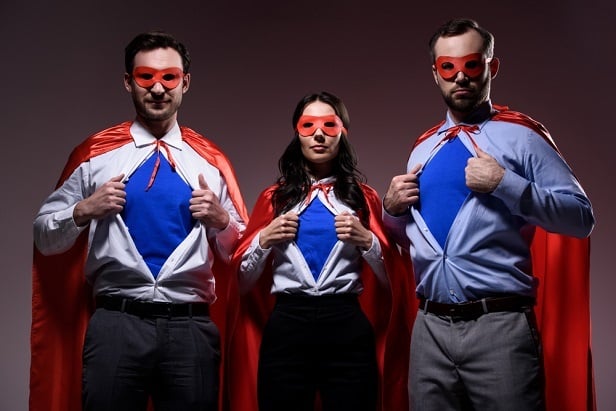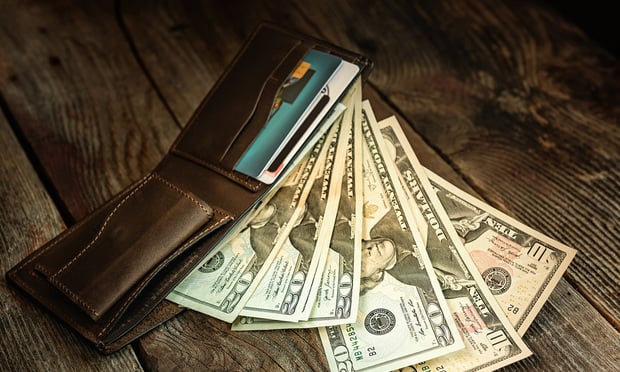As the COVID-19 pandemic hits pocketbooks and paychecks, onegroup hasn't changed its financial habits: those who save a lot forretirement.
|Nearly one third of so-called "super savers" haven't made anyfinancial changes due to the coronavirus, according to PrincipalFinancial Group's annual survey of "Super Savers," defined as those whodefer 90% of the IRS maximum to their retirement accounts or 15% ormore of their income. In fact, 75% said the current U.S. market isa buying opportunity, and more than one third are saving more, notless.
|"'Super savers' feel they're built for this," said JoleenWorkman, vice president of customer care in Principal FinancialGroup's Retirement and Income Solutions division. "They've beensaving for the unexpected. They want to be financially secure andthey want to prepare for the unexpected."
|The 15-minute survey, conducted from June 12 through June 22,involved 1,703 consumers of Principal aged 20 to 54. The surveyfound that the top concerns of "super savers" in the midst of thepandemic are the impact on small businesses, the U.S. economy, aspike in COVID-19 cases in the fall and the ability of others tosocially distance.
|Although 31% of "super savers" lost 6% to 10% of theirretirement savings because of market fluctuations this year, theyremain confident about their financial future.
|"We've been pleasantly surprised by the lack of individualstapping into their retirement savings," Workman said. "Just under5% have done anything to impact their retirement savings, which isa real positive."
|So why does this group save so much? The No. 1 motivation, anoverwhelming 73%, was because they had the income to do so.
|About 70% said they wanted to feel financially secure, while 61%want a "good lifestyle" during retirement. The survey also revealeddistinguishing characteristics of "Super Savers":
- "Super savers" spend differently, with their "splurges" morelikely to be on Netflix or Hulu and shopping sprees rather thanexpensive homes, cars or trips.
- 54% of respondents said they had "financial independence,"which they defined as not having to worry about bills, being ableto meet those bills if laid off, not holding onto credit card debtand being able to splurge on a purchase.
- Parents had the greatest influence on the habits of "supersavers." About 83% said they learned little or nothing aboutpersonal finances at school.
Workman said she predicted "super savers" to weather theCOVID-19 pandemic, even a year from now.
|"What the research is telling us is this group of individuals,they're prepared for the future, they're confident, and theirsavings behaviors are strong," she said.
|READ MORE:
Complete your profile to continue reading and get FREE access to BenefitsPRO, part of your ALM digital membership.
Your access to unlimited BenefitsPRO content isn’t changing.
Once you are an ALM digital member, you’ll receive:
- Critical BenefitsPRO information including cutting edge post-reform success strategies, access to educational webcasts and videos, resources from industry leaders, and informative Newsletters.
- Exclusive discounts on ALM, BenefitsPRO magazine and BenefitsPRO.com events
- Access to other award-winning ALM websites including ThinkAdvisor.com and Law.com
Already have an account? Sign In
© 2024 ALM Global, LLC, All Rights Reserved. Request academic re-use from www.copyright.com. All other uses, submit a request to [email protected]. For more information visit Asset & Logo Licensing.









